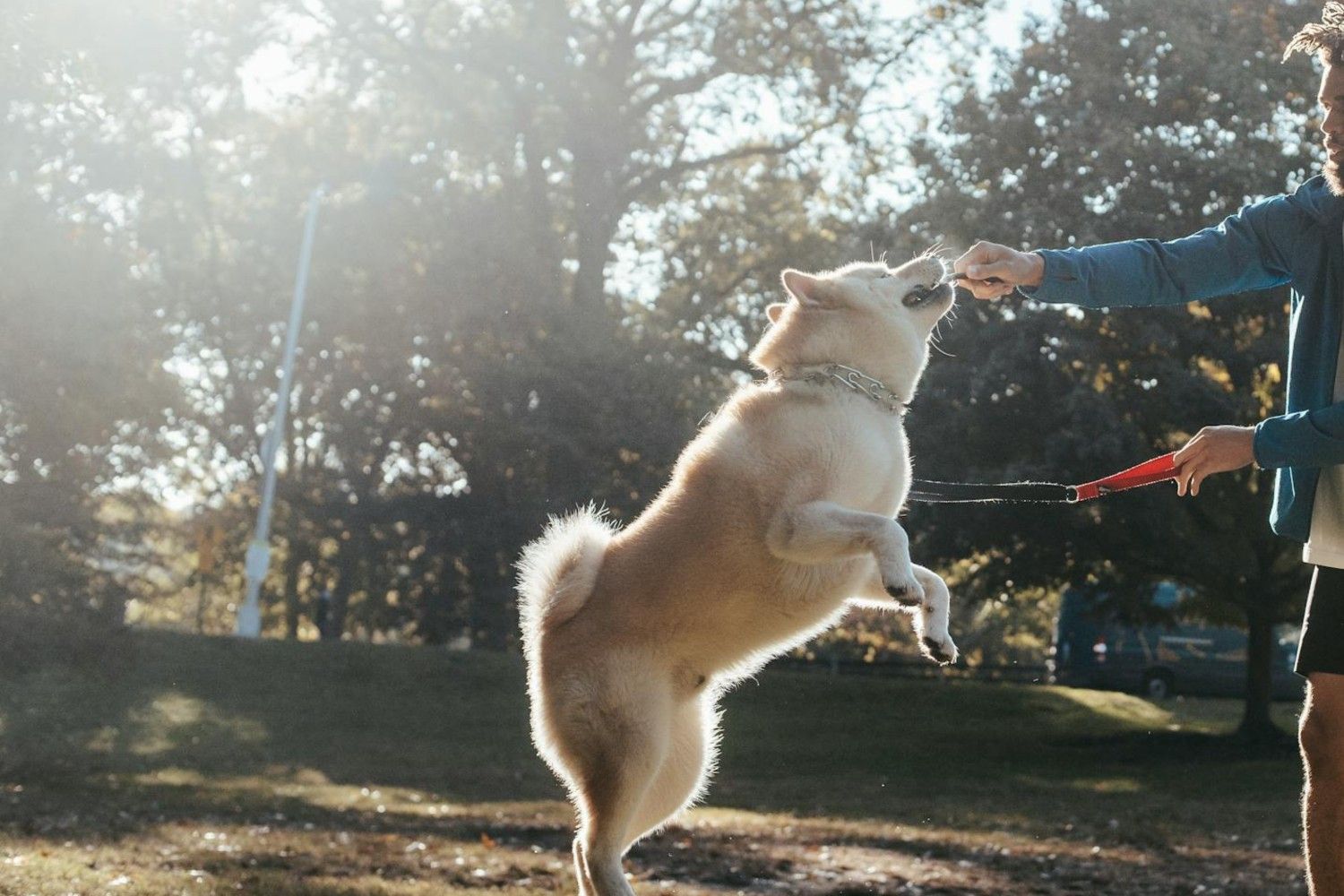
Pet Obesity: Prevention and Weight Management Strategies
In recent years, pet obesity has become a growing concern, posing significant health risks and impacting the quality of life for our furry friends. With proper knowledge and proactive measures, pet obesity can be prevented, ensuring our pets lead long, happy, and healthy lives. This article delves into preventing pet obesity, effective pet weight management techniques, the importance of healthy pet diets, and the role of exercise for pets in tackling pet obesity.
Understanding Pet Obesity
Pet obesity is often a result of caloric imbalance — too many calories consumed and too few expended. Recognizing the signs of obesity in pets is the first step toward taking corrective action. Signs include difficulty in feeling the ribs, loss of a discernible waist, and a reluctance to move or exercise.
Strategies for Preventing Pet Obesity
- Regular Vet Check-ups: Annual wellness exams can help catch weight gain early and allow for adjustments in diet and exercise before obesity becomes a problem.
- Proper Diet Management: Feeding pets a balanced, portion-controlled diet tailored to their species, breed, age, and activity level is crucial. Consulting with a veterinarian to determine the ideal calorie intake can prevent overfeeding.
Implementing a Healthy Pet Diet
- Quality of Food: Choose high-quality pet food that meets your pet’s nutritional needs. Ingredients should be wholesome and appropriate for their life stage.
- Feeding Schedule: Establish a consistent feeding schedule. Feeding pets at set times each day helps regulate their metabolism and can prevent overeating.
- Treats and Extras: While treats can be an important training tool, they should be used sparingly. Opt for healthy, low-calorie treats and account for them in your pet’s total daily calorie intake.
Exercise for Pets: A Key Component
- Daily Physical Activity: Regular exercise tailored to your pet’s breed and age can help burn excess calories and improve muscle tone. Dogs may require daily walks or play sessions, while cats can benefit from interactive toys and activities that encourage movement.
- Engagement and Enrichment: Mental stimulation is also important for preventing overeating due to boredom. Puzzle feeders and new toys can keep pets engaged and active.
Weight Management Techniques
- Monitoring and Adjustments: Keep track of your pet’s weight and body condition, adjusting food intake and exercise routines as needed.
- Weight Loss Plans: For pets already struggling with obesity, a veterinarian-supervised weight loss plan may be necessary. This could include a special diet and a gradual increase in exercise.
Conclusion
Preventing pet obesity is essential for the health and well-being of our pets. By implementing strategies focused on proper nutrition, regular exercise, and routine health check-ups, pet owners can play a crucial role in managing their pet's weight. Remember, tackling pet obesity is a journey that requires patience, commitment, and love. With the right approach, pets can achieve and maintain a healthy weight, leading to a more active, enjoyable life.






